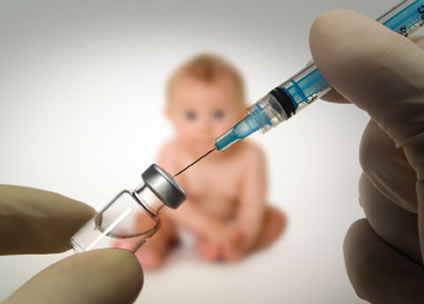I always cringe when I hear patients tell their kids the doctor will give them a shot if they don’t behave. Doctors are not here to torment little ones but rather we should be seen as a safety zone. Many kids start crying just when I walk in the room wearing my white coat and it always kicks me in the heart.
Children should be taught to trust doctors and see them as their mentors, not some scary monster. While they are little, their parents are there to stand up for their medical needs. But what happens when they become teenagers and find themselves with a medical problem they are embarrassed of? Do you think they will trust the doctor who was scary to them as they grew up?
How can we ease children’s fear of doctors?
- Never suggest the doctor is going to inflict pain on them as a form of punishment. Sometimes, we do need to do painful procedures but they need to understand these are necessary, not because they did something wrong.
- Prepare them beforehand. I have many parents “sneak” the vaccines on their little ones. Kids then don’t know what will happen when they go to the doctor in the future. Many kids ask at every visit if they will be getting a shot that day. This tactic only instills fear and anxiety in kids.
- Kids should understand that doctors are their friends and there to help them. They should learn doctors are a trusted source to turn to when they have a medical problem.
- Tell kids stories of your own encounters with the doctor. When they see you trust them, they will too,
- If they do need the dreaded vaccine, it is perfectly fine for you to hold their hand or let them sit on your lap. Many kids feel more secure with this. One of the things I hate most about giving vaccines is when the parent just wants all of us to hold their child down and get the shot over. Getting a shot is painful and scary; we need to do it as gently as possible, not with an all-out team attack.
- If a child must have a procedure, try to explain what will happen. The more they understand, the less scary it will be.
- Don’t yell at your child if they are not cooperating. This only increases the anxiety. This is not the time to establish your authority. You will find many opportunities to do that.
- Don’t lie to your kids by telling them things like “it won’t hurt”. It will hurt and you need to validate their feelings. Let them know you understand it will hurt but it will be very quick.
- Don’t tell them not to cry. Let them cry, it is OK. Everyone needs to release their anxiety and children do not possess many defensive mechanisms to cope with anxiety.
- Doctors need to be patient and kind. This is not time for speed but compassion.
Medical care is necessary for everyone and it can be downright fearful. Little kids should not be instilled with unfounded fear of people they should be able to depend on. We all need to work to ease their anxiety. One day, their very lives may hang in the balance.
 Copyright secured by Digiprove © 2016 Linda Girgis, MD, FAAFP
Copyright secured by Digiprove © 2016 Linda Girgis, MD, FAAFP


